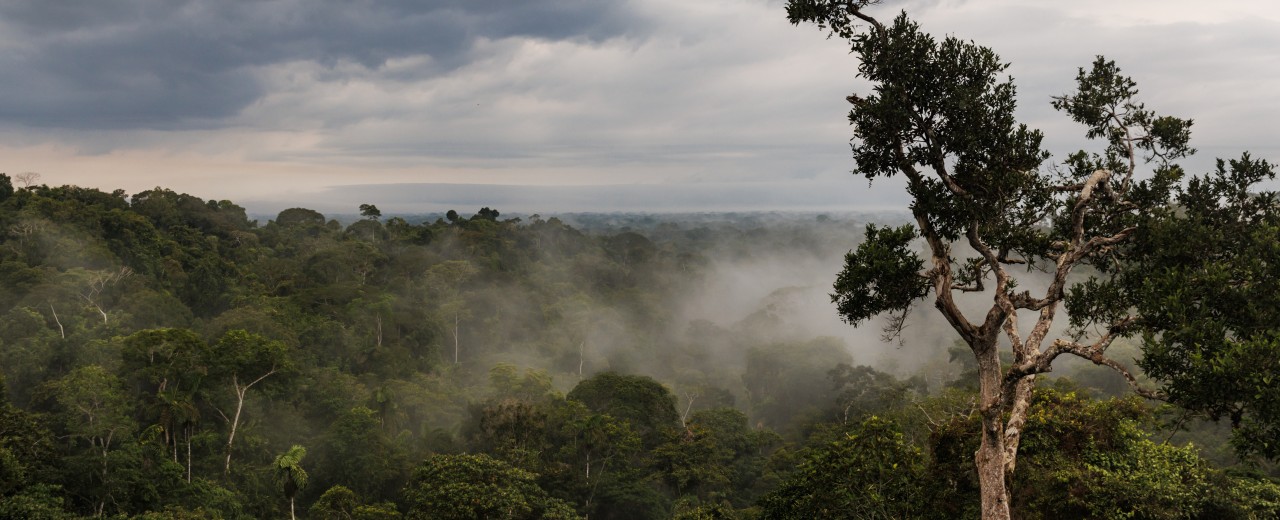
It should pay to be sustainable. This is the underlying principle of the REDD+ mechanism, which was established by the United Nations Framework Convention on Climate Change (UNFCCC) in 2005. This aims to provide financial incentives for people and local authorities to avoid deforestation, making the protection of forests as carbon sinks more financially attractive. In line with REDD+, the Federal Ministry for Economic Cooperation and Development launched the REDD Early Movers (REM) programme in 2011. This programme goes one step further and rewards pioneers in forest protection with result-based payments. This innovative approach extends to countries and regions that have already adopted forest conservation measures. These receive payments for providing proof that they have successfully avoided deforestation, thereby reducing emissions and helping to combat climate and biodiversity issues.
The REM programme has been implemented in four projects and three countries to date: the Brazilian states of Acre and Mato Grosso, Colombia and Ecuador.
The global REM programme formed the framework for the individual REM projects. KfW Development Bank developed the programme more than 10 years ago together with the Deutsche Gesellschaft für Internationale Zusammenarbeit (GIZ) on behalf of the Federal Ministry for Economic Cooperation and Development (BMZ). The funds that countries receive as results-based payments for reducing deforestation go into "benefit sharing". It is socially balanced and adapted to the needs of each project. This benefits indigenous people, traditional communities and smallholders, who protect the forest and remain protected from the destruction of their livelihoods in the event of sudden threats such as pandemics, forest fires and floods. The benefit sharing components enable funds to be allocated flexibly. At the same time, the funds cover consulting services and investments in greater sustainability in various value chains (natural products, food, soy and meat). KfW is responsible for climate financing, while GIZ provides targeted technical advice. This collaborative approach allows REM to combine climate, environmental and development policy goals and is therefore regarded as a role model in terms of REDD+ projects worldwide. For the years 2012 to 2024, remuneration was paid for around 52 million tonnes of CO2e that were saved through avoiding deforestation.
Share page
To share the content of this page with your network, click on one of the icons below.
Note on data protection: When you share content, your personal data is transferred to the selected network.
Data protection
Alternatively, you can also copy the short link: https://www.kfw-entwicklungsbank.de/s/enzB2cn3
Copy link Link copied